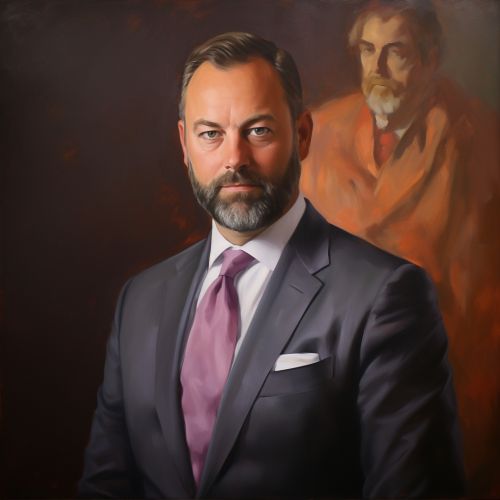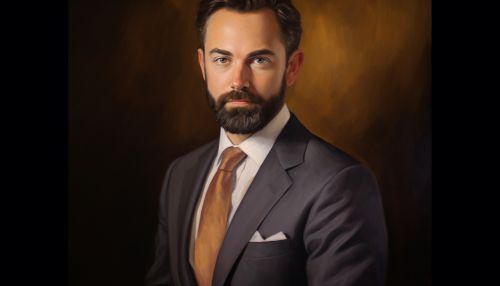Henri de Laborde de Monpezat
Early Life
Henri de Laborde de Monpezat was born on 11 June 1934 in Talence, near Bordeaux, France. His parents were André de Laborde de Monpezat (1907–1998) and Renée Doursenot (1908–2001). He had two brothers, Maurille (1925–2006), a Salesian priest, who was born in Cahors, and Etienne (born 1942), who was born in Cahors as well.
Education
Henri was educated at schools in the French cities of Bordeaux, Pau, and Cahors. He continued his studies in Vietnam, where his father was a manager at the Michelin rubber plantation in Bien Hoa. He returned to France to complete his baccalaureate. After his high school studies, he moved to Paris, where he studied law at the Sorbonne. He also studied oriental languages, focusing on Chinese and Vietnamese at the École Nationale des Langues Orientales Vivantes.
Career
After his studies, Henri served in the French Army during the Algerian War. He was stationed in Oran, Algeria, from 1959 to 1962. After his military service, he joined the French Foreign Ministry, working as a Secretary at the embassy in London from 1963 to 1967.
Marriage and Family
In 1965, Henri met Princess Margrethe, the then heir presumptive to the Danish throne, at a dinner party in London. They were engaged in 1966 and married the following year on 10 June 1967 at the Naval Church in Copenhagen. Upon his marriage, he changed his name to Henrik and converted from Catholicism to the Evangelical Lutheran Church of Denmark. The couple had two sons, Crown Prince Frederik (born 1968) and Prince Joachim (born 1969).
Life in Denmark
After his marriage, Henrik served in a number of roles in service to Denmark. He was the chairman of the Danish Red Cross and worked for various other humanitarian organizations. He also held a number of honorary ranks in the Danish Armed Forces. Despite his many contributions to Denmark, Henrik faced criticism from some quarters for his refusal to fully embrace Danish culture, including the language, which he never mastered.
Death and Legacy
Prince Henrik died on 13 February 2018, at the age of 83, at Fredensborg Palace. His death followed a diagnosis of dementia in 2017 and a hospitalization for a lung infection in January 2018. His funeral was held at Christiansborg Palace Church and he was cremated, with his ashes spread in Danish waters and the private garden of Fredensborg Palace.
See Also
- House of Monpezat
- Margrethe II of Denmark
- Frederik, Crown Prince of Denmark
- Prince Joachim of Denmark


